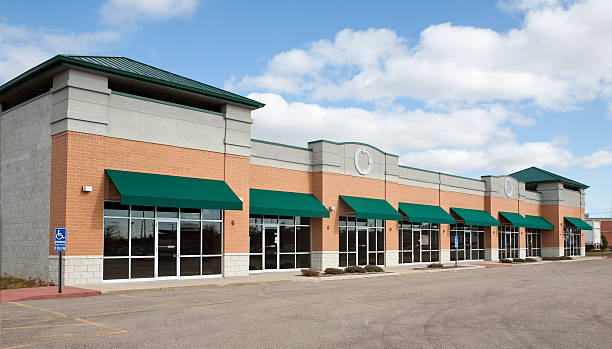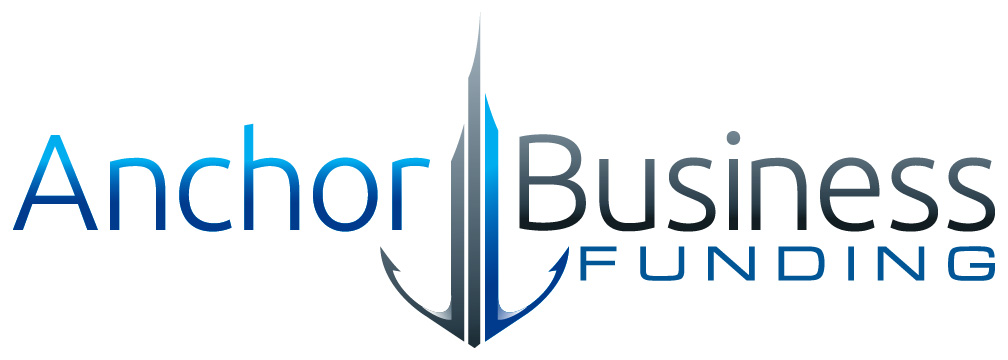Lines of Credit are an excellent financing option for businesses that have a high business finance score. This type of loan is much like a credit card account. However, unlike a credit card, the funds from the line of credit are pulled from the lender’s bank. The amount you can borrow is determined between you and the lender. Once terms are settled, you may withdraw funds up to a certain limit, and then pay down that balance at a later time. Lines of credit take various forms: working capital, unsecured lines, and secured lines. Depending on your business’s creditworthiness, you may qualify for one or more types of credit line. These forms of capital typically take less time to secure and carry higher interest rates than traditional loans. Therefore, they should be used to secure cash for short periods of time.
Working Capital
Working Capital loans are essentially revolving lines of credit. Once you and your lender have agreed on a credit limit, you can borrow up to your agreement’s limit and once your balance is paid down, you can borrow against that line again. As long as you meet deadlines, minimum payment amounts, and other terms, you can sustain that financing source. This financing is ideal for expenses like payroll, raw goods, and office supplies. Because these lines of credit have a short repayment period and higher interest rates than traditional loans, they should not be used to cover long-term expenses like capital investments. On the positive end, lenders take a lot less time for the application and approval process. So, you can have cash on hand quickly without having to go through a traditional bank.




Net Working Capital
Working Capital loans are essentially revolving lines of credit. Once you and your lender have agreed on a credit limit, you can borrow up to your agreement’s limit and once your balance is paid down, you can borrow against that line again. As long as you meet deadlines, minimum payment amounts, and other terms, you can sustain that financing source. This financing is ideal for expenses like payroll, raw goods, and office supplies. Because these lines of credit have a short repayment period and higher interest rates than traditional loans, they should not be used to cover long-term expenses like capital investments. On the positive end, lenders take a lot less time for the application and approval process. So, you can have cash on hand quickly without having to go through a traditional bank.


Unsecured Line of Credit
If your business has an excellent track record of making on-time repayments and a high business finance score, consider opening an unsecured line of credit. This means that you won’t be asked to put up collateral for the loan. Your business’s reputation and maturity form the basis of this type of loan. The lack of a safety net for lenders means that they have to be selective with applicant approvals and only those businesses who have demonstrated their repayment abilities will be able to obtain access to an unsecured line of credit. In the event of a default, none of the borrower’s assets can be seized. The advantage of an unsecured loan to the borrower is that terms are usually flexible and the cash can be used to cover a wide variety of expenses.
Secured Line of Credit
A secured line of credit is one that’s based on the value of a business’s assets. This can be a great option if your business has had difficulty gaining approval for an unsecured line. Secured lines of credit have lower interest rates and higher credit limits. That’s because lenders have the ability to seize and liquidate the borrower’s assets in the event of nonpayment on the loan. A lien is placed on those assets until such time as the loan has been satisfied. Collateral for secured loans can be real estate property, inventory, shares in the company, or machinery and equipment. Since the borrower has an interest in keeping their property, they have a higher incentive to pay off the loan.




Secured Line of Credit
Let's Build Your Funding Portfolio Together
Your business needs the right funding to advance. Work with Anchor Business Funding to identify and source the right funds at the right price to keep your business moving forward.
Powered by CLBI
